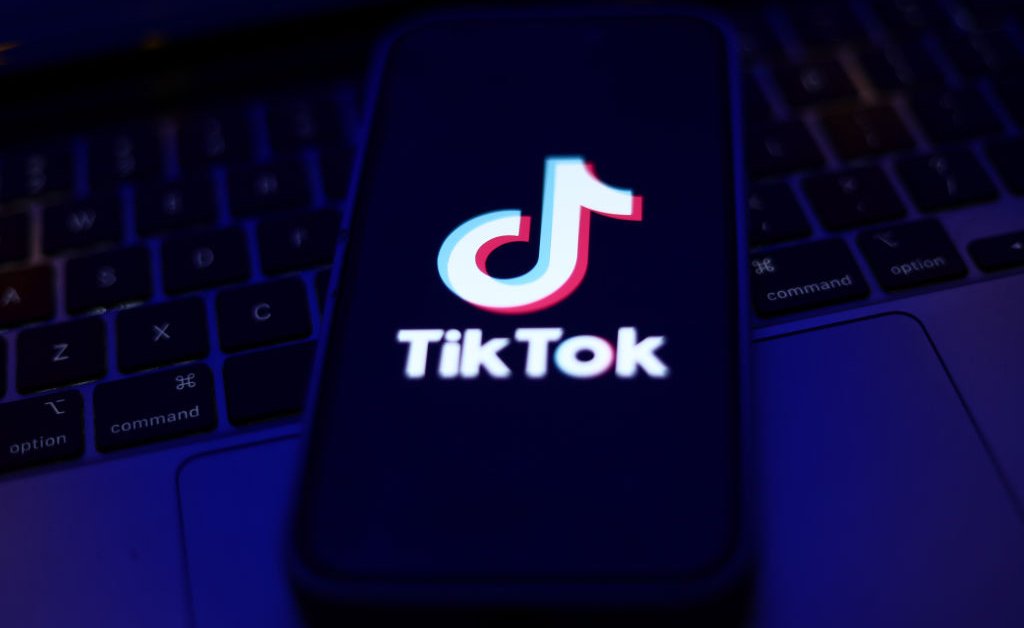More than a dozen states and the District of Columbia have filed lawsuits against TikTok, alleging that the popular short-form video app is harming youth mental health by designing its platform to be addictive to kids. These lawsuits stem from a national investigation into TikTok that was launched in March 2022 by a bipartisan coalition of attorneys general from states such as California, Kentucky, and New Jersey. The complaints were all filed in state courts and focus on the TikTok algorithm, which powers the app’s main “For You” feed with content tailored to users’ interests, as well as design features that make children addicted to the platform.
At the heart of each lawsuit is the claim that the TikTok algorithm is “dopamine-inducing” and intentionally addictive, trapping young users into excessive use and keeping them on the app for hours on end. The lawsuits also point to features like the ability to endlessly scroll through content, push notifications with built-in “buzzes,” and face filters that create unattainable appearances for users. These behaviors are said to lead to profound psychological and physiological harms, including anxiety, depression, body dysmorphia, and other long-lasting problems.
District of Columbia Attorney General Brian Schwalb stated in an interview that TikTok is profiting off the fact that it is addicting young people to its platform. By keeping users on the app, TikTok generates massive ad revenue, but at the cost of adverse mental health impacts on its users. Despite TikTok’s restrictions on children under 13 signing up for its main service and some content being restricted for those under 18, concerns about the platform’s effects on youth mental health persist.
The lawsuits highlight the ongoing debate about the responsibility of social media platforms in protecting their users, particularly children and teenagers, from potentially harmful content and addictive features. While TikTok has taken steps to restrict access to younger users and implement safety measures, the allegations raised in the lawsuits suggest that more needs to be done to address the impact of the platform on youth mental health. As the legal battle unfolds, it remains to be seen how TikTok will respond to these allegations and what implications they may have for the regulation of social media platforms in the future.
Overall, the lawsuits against TikTok underscore the growing concerns about the impact of social media on mental health, especially among young people. By addressing the addictive nature of the platform and its potential harms, the attorneys general hope to hold TikTok accountable for its practices and encourage greater awareness of the risks associated with excessive social media use. As the legal proceedings continue, the outcome of these lawsuits could have far-reaching implications for the regulation of social media platforms and the protection of users, particularly youth, from harmful content and addictive features.









